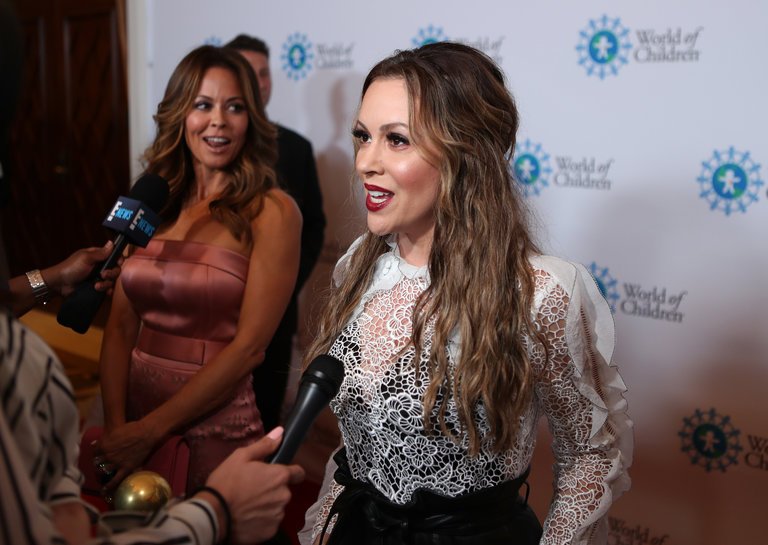New York- Women are posting messages on social media to show how commonplace sexual assault and harassment are, using the hashtag #MeToo to express that they, too, have been victims of such misconduct.
The messages bearing witness began appearing frequently on Twitter, Facebook and Instagram on Sunday, when the actress Alyssa Milano posted a screenshot outlining the idea and writing “If you’ve been sexually harassed or assaulted write ‘me too’ as a reply to this tweet.”
Tens of thousands of people replied to the message. Some just wrote “me too,” while many others described their personal experiences of harassment or assault.
The author and poet Najwa Zebian wrote: “I was blamed for it. I was told not to talk about it. I was told that it wasn’t that bad. I was told to get over it.”
Other celebrities who took part include Anna Paquin, Debra Messing, Laura Dreyfuss, Lady Gaga and Evan Rachel Wood.
Men also expressed their support. The comedian and activist Nick Jack Pappas wrote: “Men, Don’t say you have a mother, a sister, a daughter… Say you have a father, a brother, a son who can do better. We all can.”
Since The New York Times published an investigative report on Oct. 5 detailing decades of sexual harassment allegations against the Hollywood producer Harvey Weinstein, social media has provided a galvanizing platform for women to discuss their experiences.
Twitter bolstered the #MeToo trend by promoting it on Moments, its platform of curated stories.
The company pointed to its statement from last week in which it said it was “proud to empower and support the voices on our platform, especially those that speak truth to power.” It also noted that its chief executive, Jack Dorsey, had tweeted about the company’s efforts to tackle abuse on the site.
The #MeToo movement is not the first to use social media to highlight abuse against women. In 2014, a #YesAllWomen campaign drew notice on social media after a man cited his hatred of women as his reason for killing people in Southern California. The activist Laura Bates started the #EverydaySexism campaign in 2012 to document widespread sexism, harassment and assault.
The New York Times
